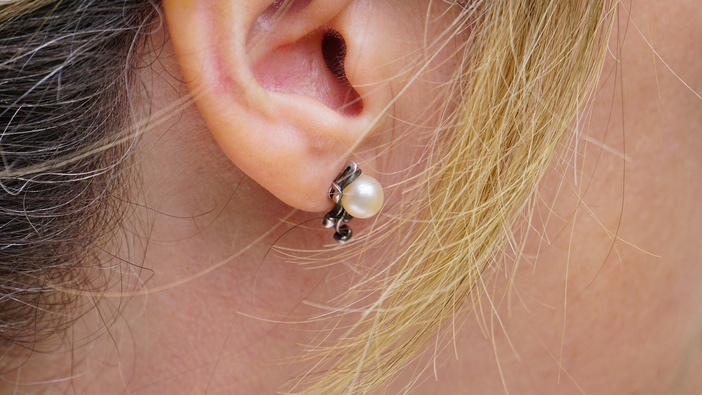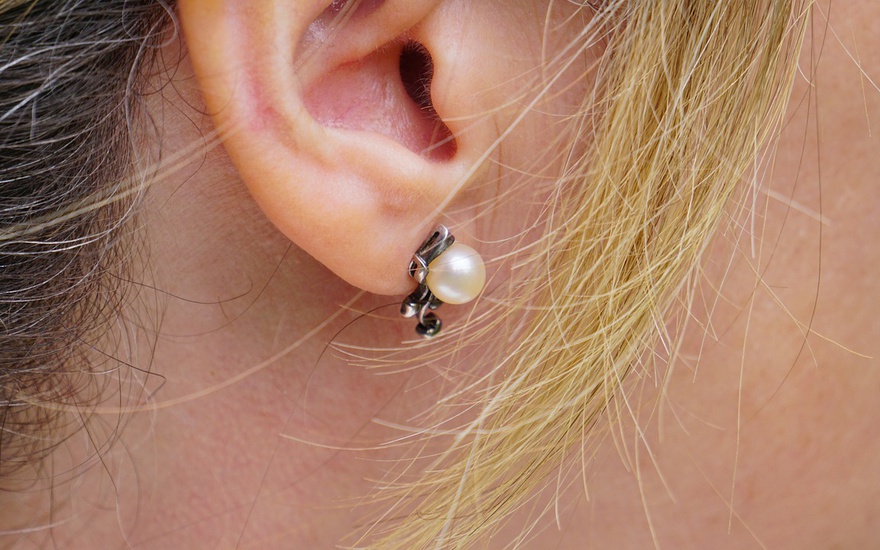
The study “Evaluation of Gynecological Cancer Screening in Deaf Women”, conducted by the PET-Medicina group, also highlights the need to adapt the health system in terms of accessibility.
28 October 2023 at 16:00
Deaf women have fewer opportunities to obtain knowledge and examination related to the cervix and breasts. This is shown by the research conducted by the PET-Medicina Group, under the guidance of Professor Marcelo Ribeirto, from the Faculty of Medicine of Ribeirão Preto (FMRP) of the University of the South Pacific, which has been conducted since 2021 with more than 80 volunteers, including the hearing-impaired. And women.
When comparing the experiences of deaf and hearing women, the study revealed a significant difference regarding HPV vaccination and knowledge about the role of the Pap smear, despite the high educational level of most of the study participants. This highlights disparities in access to information and tracking of gynecological diseases among deaf women.
“We have conducted research into deaf women’s access to gynecological consultations for screening for breast and uterine cancer, which covers: undertaking medical consultations, having screening tests for these cancers and potential barriers and facilitations in care in health services, whether for assessment, scheduling or guidance before And after the results,” explains Olga Carvalho Gomez da Costa, a fourth-year medical student at FMRP and one of those responsible for the study.
Participants answered a questionnaire, translated into LIBRAS (Brazilian Sign Language), in collaboration with the CITRUS group and PET-Conexões de Saberes of the Federal University of Santa Catarina (UFSC), between October and December 2021. “Even among women with a high level of education, There is a large discrepancy in knowledge about the function of the Pap smear and vaccination against human papillomavirus (HPV) among deaf women, compared to hearing women,” comments Olga.
“In addition, there is low adherence to HPV vaccination in both the hearing and non-hearing groups. Our study highlighted the need to adapt the health system, both public and private, in terms of accessibility for this population, especially with regard to LIBRAS learning from Before health professionals,” adds Julia Ventorem Ferreira, Olga’s research partner.
the study
Breast and cervical cancer are highly prevalent in the Brazilian population, and play a prominent role in morbidity and mortality rates among women. Therefore, investigating prevention practices for these cancers in subgroups of women who have some vulnerability is important for planning interventions. The Brazilian Inclusion Law (2015) and the Disability Care Network (2017) seek to integrate people with disabilities throughout the SUS network. “This study sought to identify differences in cancer prevention practices between deaf and hearing women, as well as to investigate the determinants of these differences,” Olga highlights.
83 volunteers participated in the study, 40 deaf women and 43 hearing women. Of the total number of participants, 33 (40.2%) were residents of São Paulo State, 16 (19.5%) were from Santa Catarina, and the rest were from other Brazilian states. Regarding education, 21 (48.8%) of the hearing people and 28 (71.8%) of the deaf women had completed higher education.
“The study has limitations related to the use of LIBRAS, since not all women with hearing impairment speak this language or are literate or proficient in it. However, dissemination of the questionnaire relied on communications between women, which limited the sampling space in the university context. This study highlights The study highlights the need for strategies to better communicate with people with hearing loss about health issues.
[[[[
Photo: Photography by Mike via Pixabay

“Wannabe internet buff. Future teen idol. Hardcore zombie guru. Gamer. Avid creator. Entrepreneur. Bacon ninja.”

